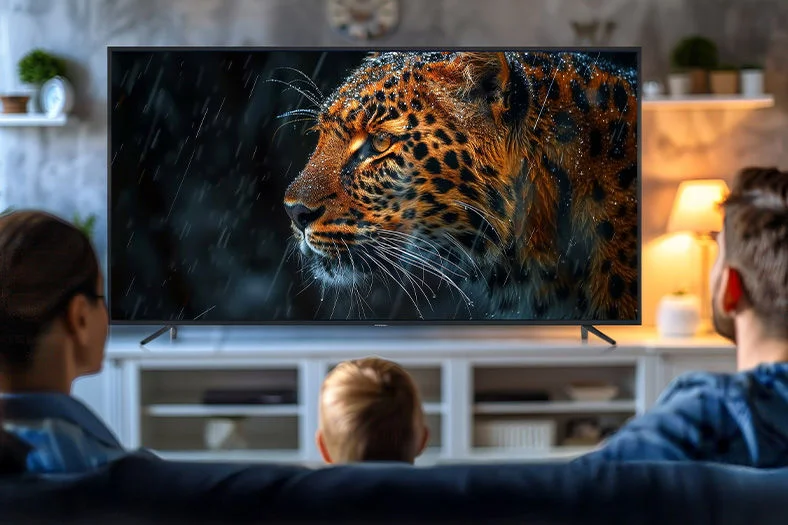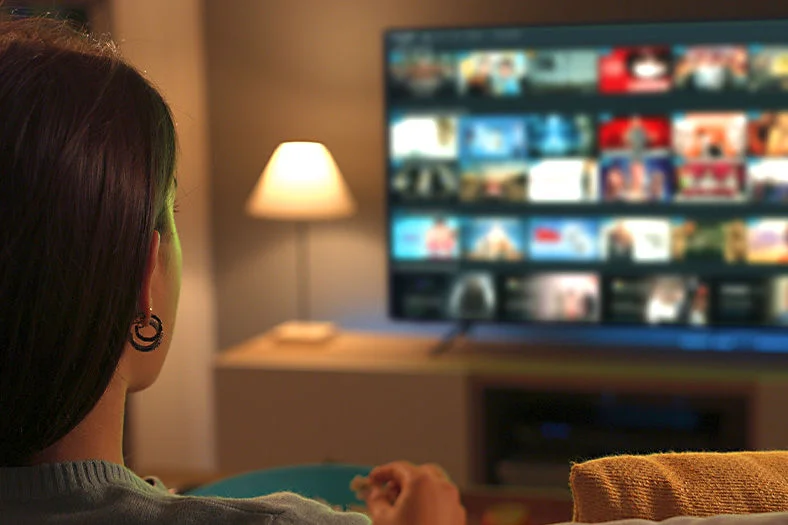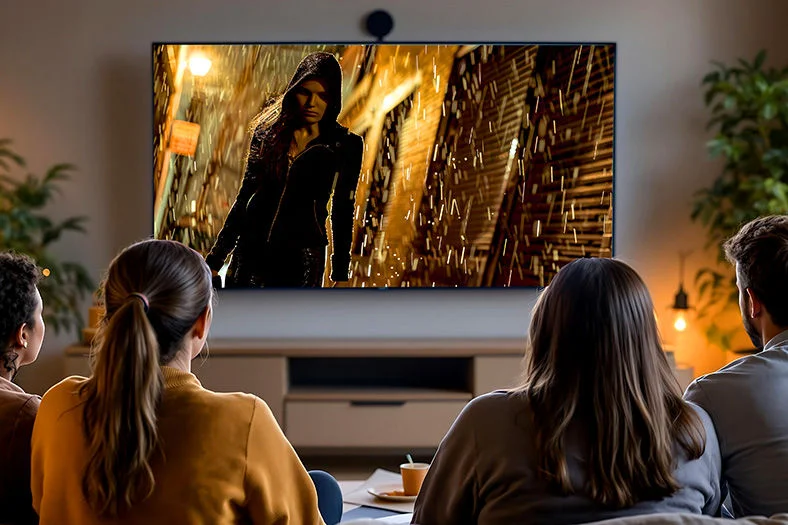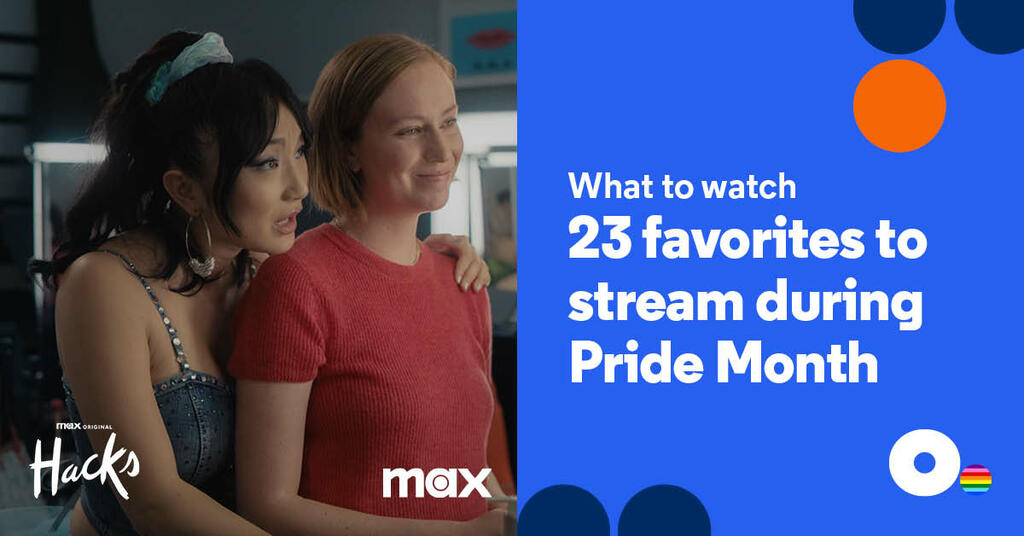
CNN All Access: Stream Live News, Exclusive Shows & More
- Read Time: 4 min.
- TV
- November 19, 2025

Lower Your Monthly TV Bill with Optimum: Extra TV, Bundling, and Mobile Savings
- Read Time: 6 min.
- TV
- November 06, 2025

Excellence on a Local Scale: Why Optimum’s News 12 is the Undisputed Leader in Hyperlocal Journalism
- Read Time: 6 min.
- TV
- October 30, 2025

An Artistic Edge: Samsung The Frame Smart TV
- Read Time: 5 min.
- TV
- July 10, 2025

Binge-Watch Responsibly: Steaming Data-Saving Tips
- Read Time: 5 min.
- TV
- June 26, 2025

The Science Behind 4K & 8K TVs | Which Has the Best Resolution
- Read Time: 7 min.
- TV
- June 26, 2025

Binge-Watch Responsibly: Streaming Data-Saving Tips
- Read Time: 5 min.
- TV
- June 26, 2025

Best Smart TV investment Guide | Optimum
- Read Time: 8 min.
- TV
- June 26, 2025

Streaming Quality Explained: Ensure the Best Experience
- Read Time: 5 min.
- TV
- June 26, 2025

How to Choose the Best Streaming Services for Your Setup | Optimum
- Read Time: 10 min.
- TV
- June 12, 2025

Optimum’s New TV Packages Redefine Customer Personalization and Flexibility in Television
- Read Time: 4 min.
- TV
- November 04, 2024

Optimum’s New TV Packages Redefine Customer Personalization and Flexibility in Television
- Read Time: 4 min.
- TV
- November 04, 2024

Optimum’s New TV Packages Redefine Customer Personalization and Flexibility in Television
- Read Time: 4 min.
- TV
- November 04, 2024

What To Watch During 2024 Pride Month!
- Read Time: 6 min.
- TV
- May 26, 2024

What to Watch During 2024 AAPI Heritage Month
- Read Time: 4 min.
- TV
- April 29, 2024

What to Watch during Women's History Month
- Read Time: 9 min.
- TV
- February 26, 2024

TV Guide FAQs: How Do I Know What's On TV Tonight?
- Read Time: 2 min.
- TV
- December 19, 2023

How to Stream Movies on Your TV
- Read Time: 5 min.
- TV
- April 24, 2023

What’s the Deal With Streaming-Only Movie Releases?
- Read Time: 3 min.
- TV
- June 23, 2020
EXPLORE OUR SERVICES
Internet
Optimum's award-winning Internet delivers a fast, secure, and reliable experience with speeds up to 1 Gig.
TV
Experience the TV you want, the way you want it, with a variety of packages to choose from.
Mobile
Bigger bars, smaller bills. Save up to 40% a year on your wireless bill when you switch to Optimum Mobile.


